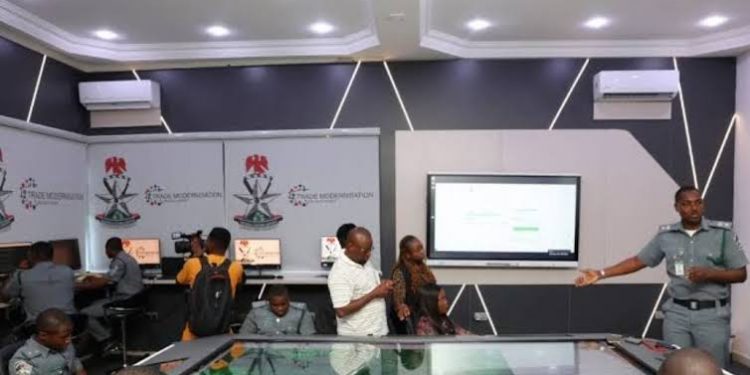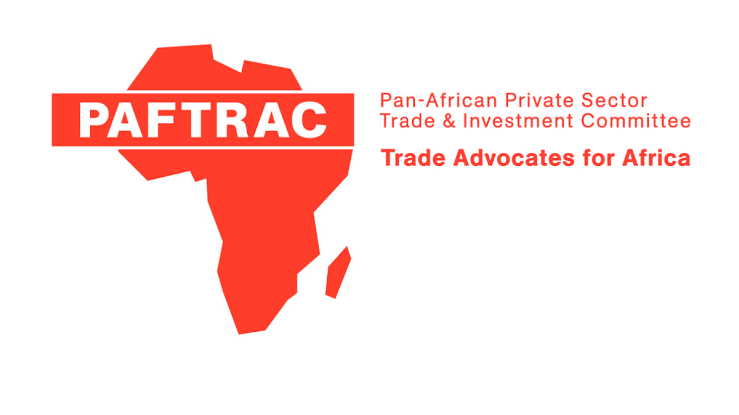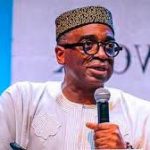The Sea Empowerment and Research Centre (SEREC) has called on the Comptroller-General of Customs, Bashir Adeniyi, to leverage his new role as Chairperson of the World Customs Organisation (WCO) Council to champion Africa’s interests and accelerate customs modernisation in Nigeria.
In a statement signed by its Head of Research, Dr Eugene Nweke, the Centre emphasized that Adeniyi’s historic election presents a strategic opportunity for Nigeria to influence global trade policies, particularly in key areas such as the African Continental Free Trade Area (AfCFTA), the fight against illicit trade, and the advancement of digital border management.
SEREC noted that by promoting uniformity and innovation in customs procedures, Nigeria could lead efforts to strengthen supply chains across developing economies and align with global best practices. The Centre stressed that Adeniyi’s leadership at the WCO should not only amplify African voices but also position Nigeria as a vital player in global trade governance.
The research group urged the Customs boss to use this platform to deepen international cooperation, adopt modern trade facilitation tools, and attract more foreign investment. Key recommendations included strengthening Nigeria’s manufacturing and export sectors, increasing port cargo throughput, and ensuring policy responses are aligned with inflationary trends.
SEREC further advised Adeniyi to maintain a balance between his global responsibilities and local mandates, offering strategic leadership at the WCO while sustaining domestic customs reforms. The Centre called for focused efforts on trade facilitation, revenue optimisation, border security, and regional cooperation.
To enhance Nigeria’s export potential, SEREC encouraged the Customs Service to collaborate with institutions like the Nigeria Export Promotion Council (NEPC) and the Nigeria Investment Promotion Commission (NIPC). According to the Centre, such partnerships could improve the global competitiveness of Nigerian products by streamlining customs procedures and encouraging investor-friendly policies.
Reacting to his election, Adeniyi described it as both humbling and affirming, attributing the international recognition to Nigeria’s adoption of key WCO tools such as the Advance Ruling system, the Authorised Economic Operator framework, and the Time Release Study (TRS). These instruments, he noted, have significantly improved trade efficiency and transparency within Nigeria’s customs operations.
He highlighted Nigeria’s ongoing embrace of automation, intelligence-led operations, and non-intrusive technologies like scanners and spectrometers as part of its modernisation agenda. Adeniyi also addressed technical difficulties surrounding the transition from the Nigeria Integrated Customs Information System (NICIS) to the Unified Customs Management System (UCMS), acknowledging stakeholders’ concerns and reaffirming Customs’ commitment to resolving the issues collaboratively.
With his election as the first Nigerian to head the WCO Council, stakeholders see Adeniyi’s leadership as a pivotal moment to advance both Nigeria’s trade ecosystem and Africa’s collective standing in the global customs landscape.










